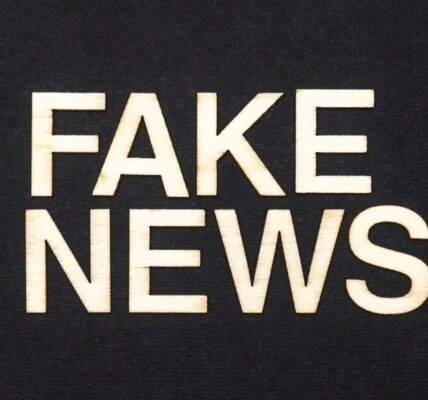
Minority Leader Mitch McConnell (R-Ky.) addresses reporters after the weekly policy luncheon on Tuesday, February 27, 2024.
Senate Republican Leader Mitch McConnell (Ky.) on Monday endorsed an effort to require the Chinese company ByteDance to sell TikTok or face a ban of the popular app within the United States, warning that Chinese ownership poses a serious national security threat.
“America’s greatest strategic rival is threatening our security right here on U.S. soil… in tens of millions of American homes. I’m speaking, of course, about TikTok,” McConnell said on the Senate floor.
McConnell noted that today 170 million Americans are active users of TikTok, which he said the People’s Republic of China “treats as a tool of surveillance and propaganda.”
The Republican leader warned that China’s communist government has full access to the data of American users, despite claims by TikTok officials who say that users’ personal information, browsing histories, keystrokes and other sensitive data is protected.
“Requiring the divestment of Beijing-influenced entities from TikTok would land squarely within established Constitutional precedent. And it would begin to turn back the tide of an enormous threat to America’s children and to our nation’s prospects in the defining competition of the 21st century,” he said.
“This is a matter that deserves Congress’ urgent attention. And I’ll support commonsense, bipartisan steps to take one of Beijing’s favorite tools of coercion and espionage off the table,” he added.
McConnell ticked through a litany of alarming trends on TikTok, such as “the glorification of Hamas terrorists to a particularly outrageous fad that emerged last year where young people ‘discovered’ the wisdom of Osama bin Laden.”
“With TikTok, we’re not talking about meddling or hijacking an American platform. In this case, PRC influence and control have been baked in from the beginning,” he said. “With Beijing’s blessing, TikTok’s algorithm pours gasoline on alarming trends.”
McConnell waved away claims that requiring the Chinese owner to sell TikTok or ban the app altogether in the United States would violate the First Amendment or restrict political speech.
“No matter how loudly TikTok’s apologists claim that reining in PRC influence violates the First Amendment, the question we’ll face is about conduct, not content,” he said.
“I take a backseat to no one when it comes to protecting First Amendment rights. I’ve firmly defended Americans’ rights to even the most noxious forms of free speech, like flag-burning,” he added. “But there’s a serious difference between the views Americans might express on TikTok… and the actions taken by a platform that’s beholden to our foremost strategic competitor.
McConnell’s support for a possible TikTok ban, which passed the House 352-65 last month, is notable because he’s long been a leading advocate for protecting campaign donations and issue advertising as a form of political speech.
But he argued Monday that allowing the Chinese government and its intelligence services to maintain control over TikTok threatens the United States’ national security interests.
“The PRC has spent years trying to pick the lock of America’s communications infrastructure. And the federal government has a long history of frustrating Beijing’s efforts,” he said.
Sen. Josh Hawley (R-Mo.), who has introduced legislation to ban TikTok in the United States, remarked on McConnell’s floor speech as a significant development.
“I saw that,” he said. “I think it’s great. I welcome his support for the TikTok ban and hopefully we’ll be able to bring it to a vote.
But Hawley questioned whether McConnell’s support will be enough to bring a possible TikTok ban to the Senate floor, noting TikTok’s deep pockets and political influence in Washington.
Asked about the chances of a strong TikTok bill coming up for a Senate vote, Hawley replied: “I’d say less than 50-50.”
“I think what’s going on is money. I think TikTok is very influential,” he said.
Copyright 2024 Nexstar Media Inc. All rights reserved. This material may not be published, broadcast, rewritten, or redistributed.



